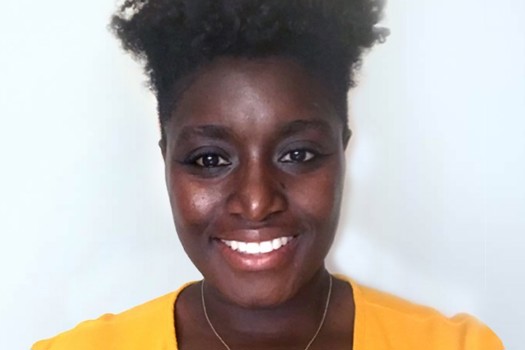Q. How can HR create better interview processes for people who may not fit in, in a traditional sense, with the professional community? For example, whether it’s being autistic, having mental health concerns or being LGBT+.
A. Every stage of assessment and selection should include authentic evidence of the importance the organisation places on creating a diverse and inclusive workplace.
More from the D&I Clinic:
Supporting colleagues with ADHD without a diagnosis
Using gender neutral as a term
How can HR and D&I teams encourage senior leadership buy-in?
One way of showing an active commitment to diversity, equity and inclusion (DEI) is talking about the celebration of days throughout the diversity calendar, such as International Women’s Day, Pride, Black History Month and activities that impact employee networks within the organisation.
Creating an interview environment which encourages an individual to feel confident to share their personal diversity data takes planning and consistency.
Once it is agreed what questions should be asked to make an educated hiring decision, it’s important for interviewers to listen attentively and demonstrate that different experiences and approaches are welcomed.
Offer reasonable adjustments
Everyone should ideally be on a level playing field throughout the application process. In some circumstances, adjustments to an interview process, and indeed workplace, may be needed to support a candidate.
For instance, if a candidate is dyslexic, they might bring their assistive technology to an assessment.
You can invite an applicant to request adjustments to the recruitment process, or wait to be told, but don’t wait for the interview itself. Always share details of the proposed process ahead of time, so candidates have the opportunity to prepare.
As an interview draws closer, ask the question about requests for adjustments again.
Reasonable adjustments will also help the candidate not just ‘get in’ but ‘get on’ as they execute their professional responsibilities later down the line in the workplace.
Create a culture that promotes authenticity
Candidates are much more likely to flourish in an inclusive environment where they can be authentic, hence why it’s imperative for organisations to accommodate and celebrate difference.
However, since the sharing of such information on the part of the candidate is voluntary, employers must be able to protect and respect this information.
If organisations make DEI a core part of their company culture, candidates are more likely to feel as though they can confidently express themselves in an interview, which makes for a more relaxed and comfortable interaction.
Creating a safe space like this in an interview is a win-win, as candidates who feel at ease are more likely to perform better, allowing you to accurately assess their suitability for the role.
Transparency at this early stage also paves the way for productive workplace relationships in the future.
Yvonne Smyth director of HR & legal practices at Hays UK&I
This article was first published in the May/June 2023 issue of HR magazine. Subscribe today to have all our latest articles delivered right to your desk.
Have a D&I question to answer? Send your questions to jo.gallacher@markallengroup.com to be answered by a guest expert.









